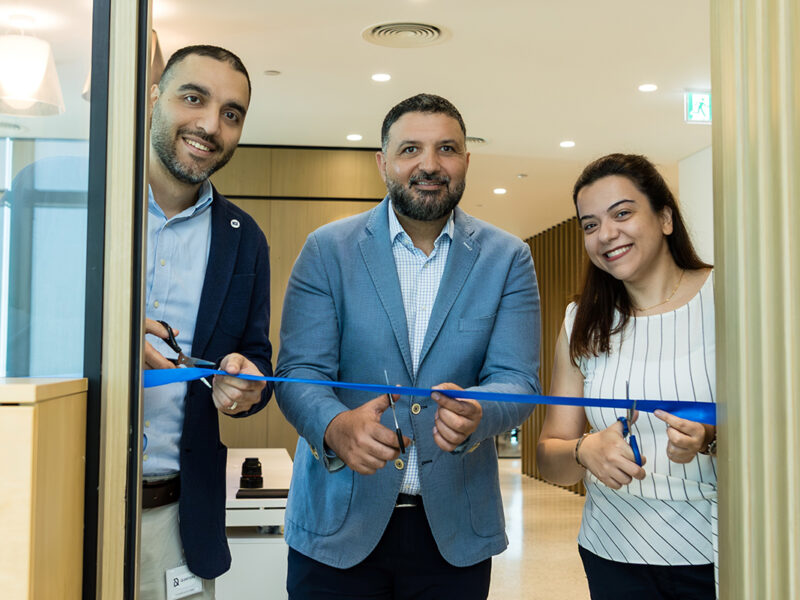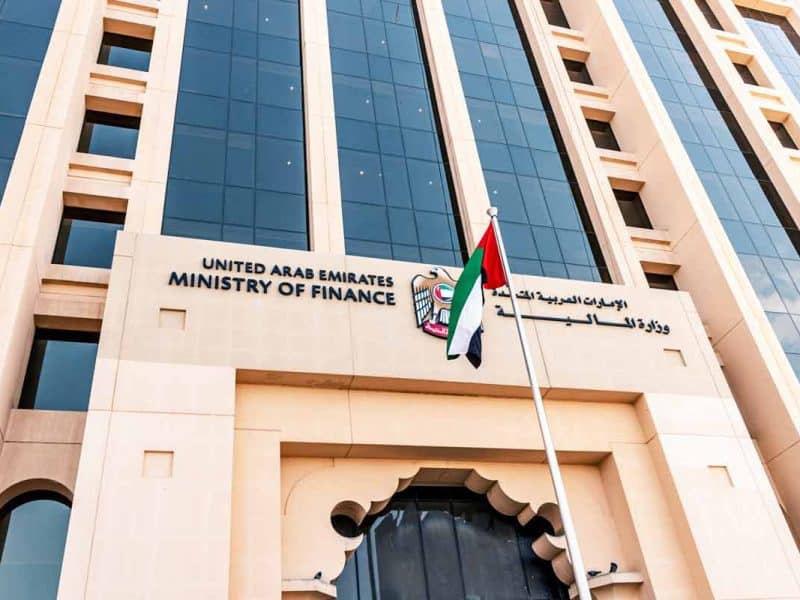Dubai is trying to establish itself as a key medical tourism destination. However, will the emirate ever be able to match the more established markets of Singapore and India?
Author Josef Woodman has dedicated seven pages of the second global edition of his book ‘Patients Beyond Borders’ to information for foreign patients interested in receiving medical treatment in the UAE.
But the president of the Healthy Travel Media still can’t say why patients would choose to have surgery here over well-known and established medical tourist destinations such Singapore and India.
Elective surgical procedures in the UK could take up to 12 months, so patients have to wait for a procedure which they can have over here immediately.
“[Prices are] still much lower than the US but what about Thailand or Singapore or even India where you can get it for even 30 percent less?,” he asks Arabian Business.
Keen to diversify its economy away from oil, the UAE and Dubai in particular, is touting itself as not only a tourist’s playground with the likes of Dubailand but also as a medical tourist hot spot.
But while industry experts and doctors agree the economic downturn will provide the ideal opportunity to attract patients looking to save money on medical bills, many argue Dubai still has some way to go before it will rival the likes of Singapore and India.
Aging populations and the rising cost of healthcare is forcing more patients to seek treatment abroad than ever before. Worldwide medical tourism is one of the world’s fastest-growing travel markets, estimated to be worth $40bn globally by the end of 2010.
The UAE is also keen to get a slice of this lucrative industry. According to Dubai’s Department of Tourism and Commerce Marketing, more than 11 million tourists will seek medical treatment in the UAE between now and 2010, while the market value is expected to rise from $3.2bn in 2005 to $11.9bn in 2015.
The establishment of a number of healthcare hubs and a rapidly growing population has persuaded a number of well-known medical brands to establish a presence in the region.
In March, Pfizer, the world’s largest research-based pharmaceutical company, announced plans to set up a centre for research in the UAE while US-based biotechnology giants Amgen and Genzyme also have a regional presence.
Dubai’s Healthcare City, touted as an integrated centre for excellence for clinical and wellness services, medical education and research, has also attracted a number of big names such as US-based Harvard Medical International and Britain’s Moorfields Eye Hospital.
“It never used to be worth financially investing in this area, even though there was a need for it… but now the population is here and it’s expanding [and with it] comes the investment,” says Dr Tarek Tawil, chief of staff at Elajgroup, one of the biggest hospital groups across the Middle East.
Jordan and Egypt are also thriving medical tourist hubs.
A recent study by the Private Hospital Association (PHA) found that over 250,000 patients from 84 countries including those in the GCC were treated in Jordanian hospitals, while World Bank medical tourist experts ranked Jordan as number one in the Arab region and fifth in the world as a medical tourism destination.
While growing populations have provided the incentive for big brands to establish themselves in the region, industry experts believe the economic crisis could provide the region with an influx of patients keen to take advantage of cheaper operations in more familiar surroundings than those in India and Thailand.
“[An economic downturn] will actually help because people who are not insured will start to look here and get quality prices compared to European and Western prices,” says Dr Tawil.
“A downturn could trigger more business,” agrees Dr Prem Jagyasi, the Dubai-based chief strategic officer for the Medical Tourism Association. “People are going to seek more saving options. If they were going to have the surgery in their own countries, they might now consider other places for a more reasonable cost.”An operation in the UAE is likely to be half the price of the same operation in the US, but it is not just the savings which will attract patients. Accessibility and quality of care are also two critical factors when choosing surgery abroad.
And one of the region’s biggest draws is the short amount of time a patient has to wait to receive medical care, compared to that in their home countries.
“Those traveling from the likes of the UK or Canada are not just traveling for the savings. [In their own countries the] waiting time is very high; elective surgical procedures in the UK could take 6-12 months so they have to suffer for a surgical procedure which they can have over here immediately, and save money,” explains Dr Jagyasi.
Recession fears may force patients with life threatening ailments abroad for surgery, but it is not supporting the region’s thriving cosmetic surgery industry.
Gail Clough, the director of Dubai Surgery, a medical tourism service with offices in the UK and Dubai, says her UK business, which makes up around 70 percent of her clientele, has “frozen” since recession fears first loomed over the British economy.
“I was getting a couple of people a week over [from the UK] and I also used to have a lot of Americans living in Iraq, but now am not doing anything, except the cheaper treatments,” she says.
Woodman agrees that unless a procedure is absolutely necessary, it is unlikely people will opt to travel abroad for expensive treatment no matter what the saving.
“In a downturn as serious as this you will see fewer and fewer people traveling for elective surgeries, and more and more people electing to stay in chronic pain.”
Despite the obvious attractions of receiving medical treatment in the region and the inevitability that people will continue to get sick irrespective of what is happening with the economy, many agree that the UAE has a long way to go before it will attract the numbers it is aiming for.
Rising hotel costs for recuperation, uncompetitive prices and most importantly a lack of developed infrastructure and a shortage of expertise has not only resulted in many foreign patients opting for surgery in more established markets, but is tellingly driving locals to seek medical attention elsewhere.
According to UAE government figures around $2bn is spent annually sending nationals abroad for care, and it has also reported that women with fertility problems are missing out on the chance to have a baby because of lack of treatment facilities, forcing them to go abroad for medical help.
Promoting the country as a ‘one stop shop’ with no particular specialties is threatening its appeal, say experts.
“In order to have many truly successful healthcare destination you need to have an infrastructure around it. You need the educational and research components and it’s not clear that it’s been thought out,” says Woodman.
Steven Tucker, president of the International Medical Travel Association, says despite the money being poured into the sector it doesn’t yet have “a comprehensive global healthcare service”.
“It has very successful dental and cosmetic industries but on the other hand oncology and cardiology are still not anywhere near the level of other healthcare destinations,” he says.
And while the region is inexpensive compared to the likes of the US and the UK, cheaper and more established markets such as Singapore will continue to attract the majority of patients looking to save money as a result of the downturn.
As an example, a coronary artery bypass graft will cost between $37-40,000 in the UAE, while patients in Singapore will typically pay $12-20,000 and in India the same operation is around $8000 – suggesting that Woodman is right to be concerned for the sector’s future.








